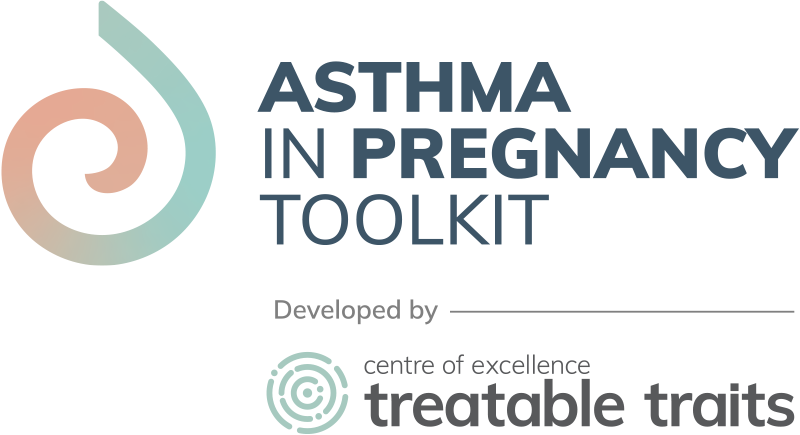Extensive clinical data exists, confirming the safety and effectiveness of COVID-19 vaccination during pregnancy. After COVID-19 vaccination, pregnant people elicited a robust immune response, and vaccinations conferred protective immunity to newborns through breast milk and placental transfer. Vaccination for all pregnant women is recommended.
A US post-authorisation surveillance study conducted between December 2020 and October 2021, of more than 3000 adverse events after COVID-19 vaccine use in pregnancy, showed that reporting rates of preterm birth, still birth, maternal mortality and neonatal mortality were all below published background rates (Moro et al. 2022). Data from the UK and USA have demonstrated no safety concerns related to COVID-19 vaccination during pregnancy, in terms of adverse pregnancy outcomes. In a UK study of pregnant women studied between March and July 2021, comparing 133 women who had received at least one COVID-19 vaccine dose and 399 unvaccinated women, there were no differences in congenital abnormalities, still birth, preterm birth, small for gestational age, postpartum haemorrhage, intensive care unit admission for mother or baby, or caesarean section (Blakeway et al. 2022). In the US study, 140 pregnant women were vaccinated, and outcomes compared to 1862 unvaccinated women, with no increased risk of adverse perinatal outcomes reported, but a significant reduction in SARS-CoV-2 infection risk (Theiler et al. 2021).
A larger Israeli study examined the safety of the 3rd dose of COVID-19 vaccine, by comparing outcomes for pregnant women with 3 doses (n=294) versus 2 doses (n=2845) versus no vaccine (n=3368). Preterm birth and small for gestational age were the primary outcomes, which did not differ between groups (Dick et al. 2022).

Transplacental transfer of maternal IgG SARS-CoV-2 antibodies has been demonstrated in pregnancy. A multi-centre study at 8 sites in Israel, examined SARS-CoV-2 specific IgG and IgM in blood collected from the mother, fetus and umbilical cord. 86 women had been vaccinated, while 65 had previously been infected with SARS-CoV-2. 62 women who were unvaccinated and had not been infected acted as a control group. Vaccinated women had a strong IgG response which crossed the placenta, resulting in fetal levels as high as maternal levels within 15 days (Beharier et al. 2021).
A systematic review of the literature on the effects of COVID-19 vaccination for women who are breastfeeding, demonstrates its safety in this population, with no data suggesting local or systemic severe reactions to COVID-19 vaccination in either the mother or infant. In addition, data from 23 prospective studies demonstrated the presence of specific antibodies for SARS-CoV-2 in breastmilk, indicating that vaccination of the breastfeeding mother may protect the infant from infection (Muyldermans et al. 2022).
